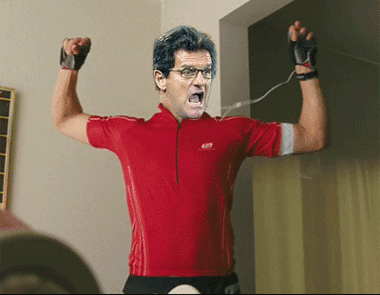If Zarqawi were found to be among the dead, the United States would view it as a major advance in its efforts to quell a bloody insurgency
ADVERTISEMENT
in Iraq, at a time of acrimonious debate over both the origins and progress of the war.
Eight insurgents, including a woman, were killed on Saturday in clashes between joint U.S.-Iraqi forces and gunmen occupying a house in Mosul, police said. Four more insurgents were arrested.
"Efforts are under way to determine whether Zarqawi was among those killed," the U.S. official said in Washington, speaking on condition of anonymity. He provided no additional information.
White House spokesman Trent Duffy, travelling with President George W. Bush in Asia, said it was "highly unlikely and not credible" that Zarqawi was among the dead in Mosul.
A Pentagon spokesman said he had no information on Zarqawi, the head of al Qaeda's Iraq wing. The Jordanian-born Zarqawi is Washington's most wanted man in Iraq, with a $25 million U.S. reward on his head.
Bush, facing waning public support for the war in Iraq as casualties mount, has countered critics demanding to know when the more than 150,000 troops in Iraq will come home by saying he will set no timetable for a withdrawal. Bush says such a timetable would be a green light for insurgents.
Over the past week, his administration has launched a counter-offensive against critics accusing the White House of misusing intelligence about the threat of Iraqi weapons of mass destruction to justify the invasion.
The Bush administration calls the Iraq war a central front on the war on terrorism it declared after the September 11, 2001, attacks on the United States.
THOUSANDS KILLED
Zarqawi is blamed for a relentless series of attacks, suicide bombings and beheadings in Iraq, and his organisation claimed responsibility for suicide bombings at Amman hotels this month in which more than 50 people died.
U.S. forces have reported the capture or death of several Zarqawi associates in recent months, but the guerrilla chief has so far evaded his pursuers and suicide bombings and other attacks have killed hundreds of not thousands of Iraqis.
In May, reports Zarqawi was seriously wounded sparked talk of a successor, but followers said the injuries should only serve to inspire his men to step up attacks.
Osama bin Laden named Zarqawi as his deputy in Iraq after he pledged allegiance to the al Qaeda leader in October 2004.
Said to be in his late 30s, Zarqawi remains a mysterious figure. Some posters show him in glasses, looking like an accountant, others as a tough-looking man in a black skullcap.
When an Islamist Web site showed a video last year of a man severing the head of American hostage Nicholas Berg, the CIA said Zarqawi was probably the one wielding the knife.
A court in Jordan sentenced Zarqawi to death in absentia in 2002 for plotting attacks against U.S. and Israeli targets in the kingdom. Jordan also accuses him of masterminding the 2002 assassination of U.S. diplomat Laurence Foley in Amman.
(Additional reporting by Steve Holland in Beijing and Will Dunham in Washington.)
lets hope that such evil men as this are stopped








